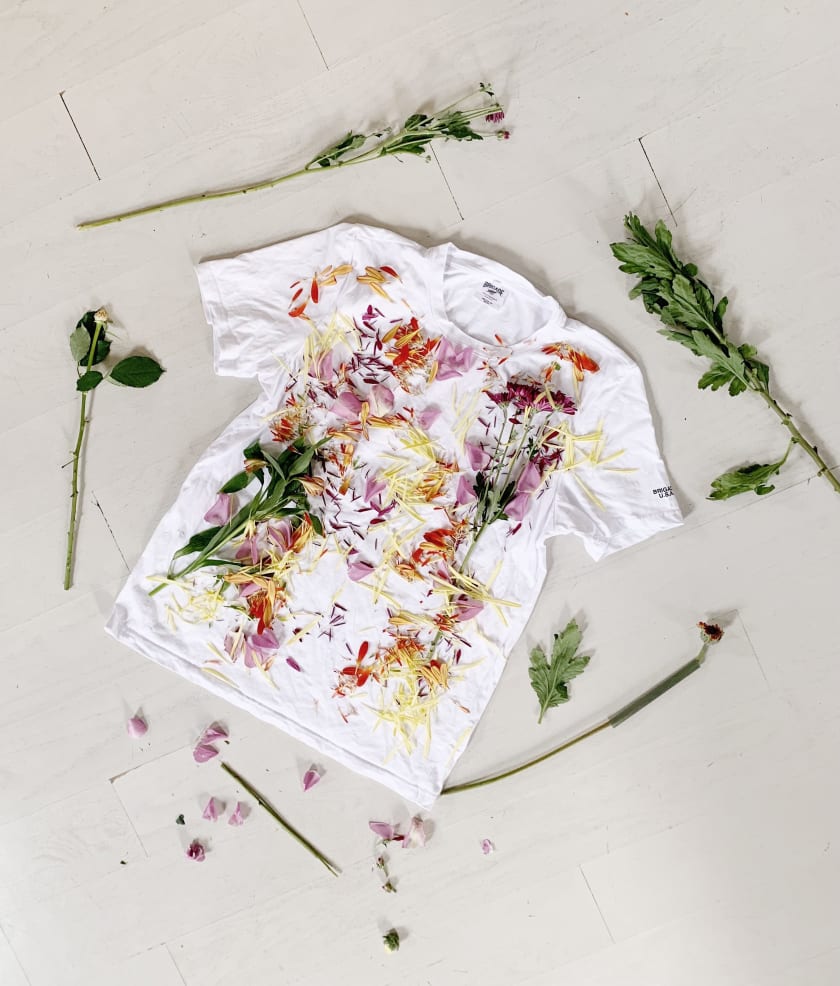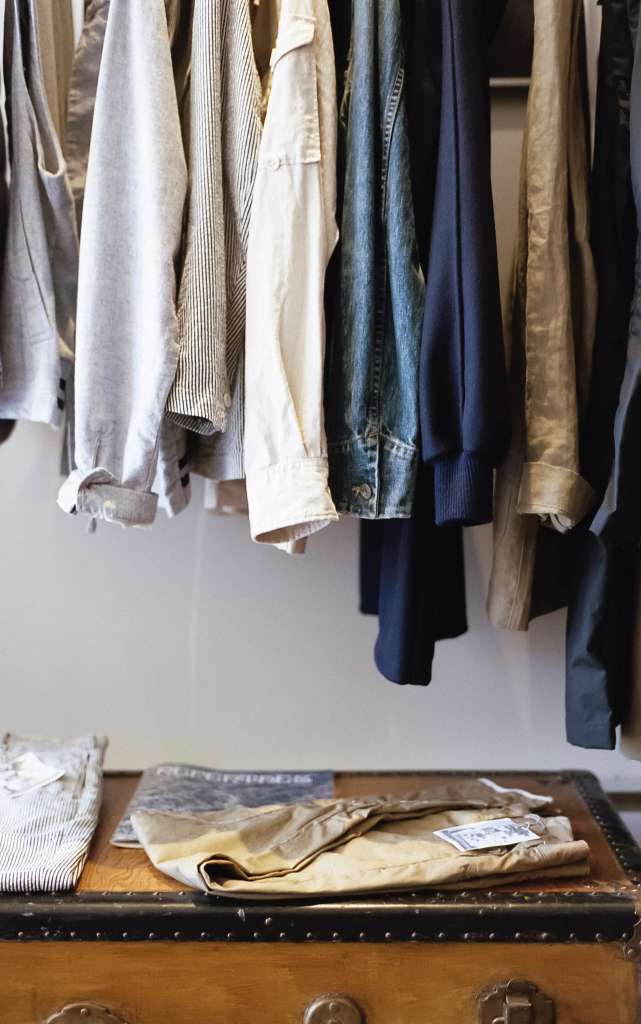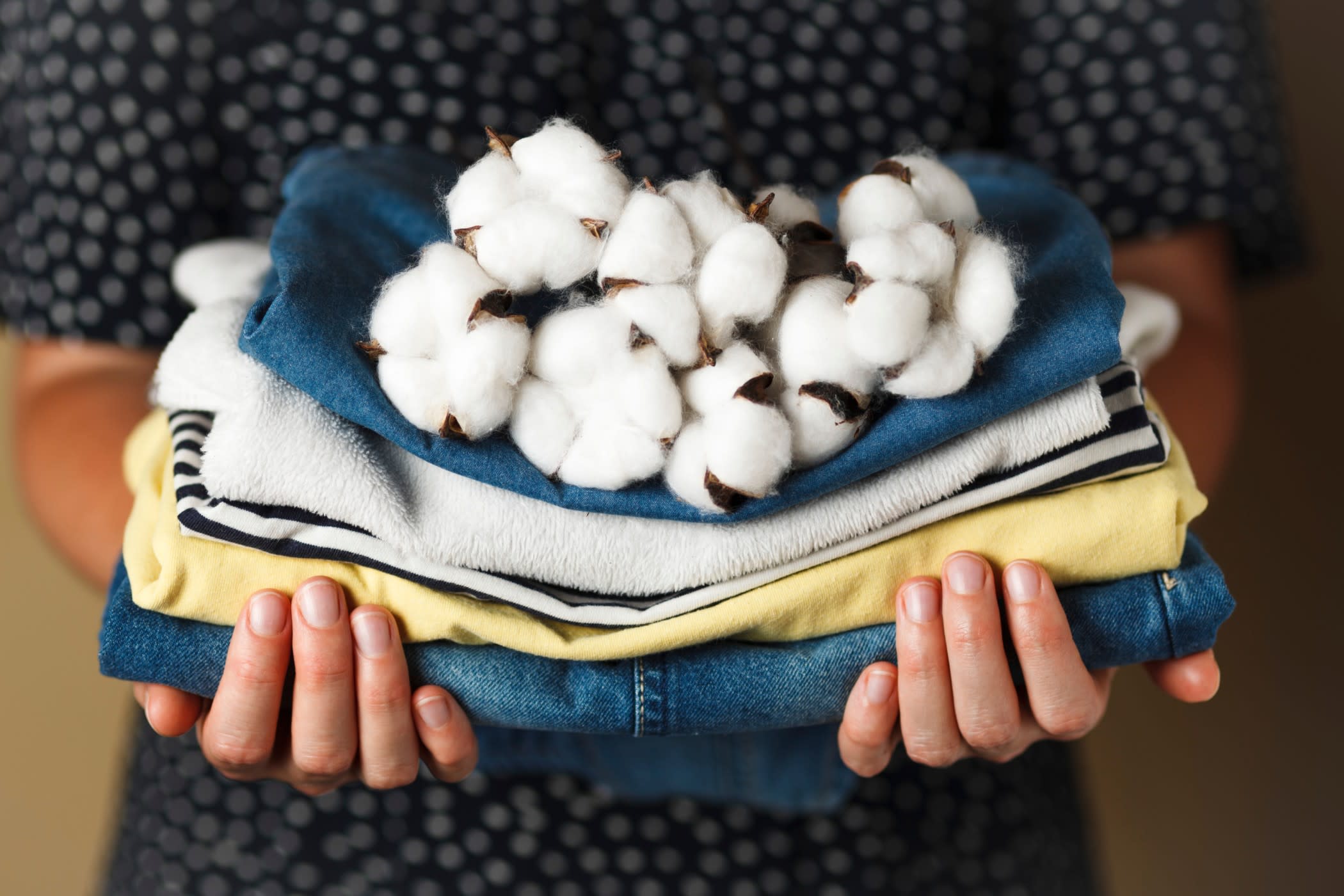Sustainable Fashion And How It Helps Everybody



Summary: Fashion is a multi-million dollar industry, growing bigger by the day. But as the industry grows, so does the impact on the environment. It's high time all businesses and brands look into imbibing sustainability into fashion. This article talks about how sustainable fashion is making a difference by helping everyone.
Sustainable fashion, as a movement, is gaining popularity. People are becoming more aware of the impact their clothing choices have on the environment. Practicing sustainability in fashion is no more just about the environment but also a necessity for people's well-being.
Discover how to create a wardrobe that supports sustainability
Here are some tips to create a sustainable wardrobe:
Understand The Composition
Making more sustainable purchases requires an understanding of how resources are used. A reasonable rule of thumb is to stay away from virgin synthetics. They are made from fossil fuels and take several years to degrade.
Polyester, for example, accounts for 55% of clothing globally. Not all organic fibers are created equal though. For instance, organic cotton consumes a lot less water than regular cotton and doesn't contain any hazardous pesticides.
Reduce Water Footprint
Everyone needs to be more aware of the water footprint of clothing. Because textile manufacturing consumes an astounding 93 billion cubic meters of water every year. This is the same as 37 million Olympic swimming pools!
As previously indicated, organic cotton uses substantially less water than traditional cotton. In fact, a study found 91% less water usage, which maximizes water sustainability.
Don't Throw Right Away
If the intention is to reduce the environmental impact of clothing, then there has to be an effort to make sure it doesn't end up in landfills after just one or two uses. So, prolonging the life of clothes is essential.
So one needs to make sure clothing lasts as long as possible. And, one way to do this is to not overwash your clothes. This will help reduce both water and CO2 emissions. Another way is to mend clothes rather than tossing them out.

Consider Renting
It's now easier than ever to rent clothing to attend that wedding or chill at a barbeque rather than purchasing a new outfit.
The equivalent of one garbage truck's worth of textiles is destroyed and dumped every second. It's also shocking that about 50 million pieces of clothing are purchased and worn just once per year.
Invest In Quality Pieces
An astounding 100 billion pieces of clothing are created globally each year. The adage "buy less and buy better" may sound conventional, but it is essential in these times.
Harriet Vocking, the chief brand officer at sustainability consultant Eco-Age, suggests that before committing to a purchase, one should ask themselves three crucial questions:
- What to buy, and why?
- Is it actually required?
- Is it wearable a minimum of 30 times?
Say No To Greenwashing
Greenwashing is when brands make ambiguous, deceptive, or untrue claims to suggest that their products are more ecologically responsible than they actually are. This practice is on the rise as customers are demanding eco-friendly clothing choices.
So, it's recommended to examine the precise policies of every firm before shopping. In addition to using buzz words — like sustainable, eco-friendly, aware, and responsible — one needs to check if their policies actually support their marketing claims.
Try Secondhand Clothing
Considering the purchase of used products to expand one's wardrobe is a good idea. Preferring to buy secondhand and retro clothing is gaining popularity. More and more such platforms are becoming widely available.
With this practice, one doesn't have to worry about someone else wearing the same top! In addition, this helps in extending the lifespan of these clothes. This ultimately lowers the ecological footprint as a whole.

Prevent The Use Of Microplastics
It's challenging to completely avoid synthetic materials. But washing these clothes can unleash thousands of microplastics into our streams and oceans. This harms aquatic wildlife that ingests the microscopic particles. Fortunately, there is an easy fix: buy a microplastic filter.
Consider Vegan Clothing
Products made from animals, such as leather and wool, raise ethical and environmental questions. Whereas, vegan substitutes, which frequently use synthetic materials, can also be bad for the environment. But, the good news is that there are intriguing new products on the market now.
Support Sustainable Brands
Eco-conscious firms are beginning to think about how fashion can benefit the planet rather than just minimizing its damage. Restorative agriculture, which focuses on rebuilding soil quality and biodiversity, uses farming techniques including no-tilling and the use of cover crops.
Basically, the term "sustainability in fashion" refers to the production and use of clothing in a way that preserves both the ecosystem and the people who create the apparel.
Cutting CO2 emissions, dealing with excess production, minimizing waste and pollutants promoting biodiversity, and making sure that garment workers receive a reasonable wage and work in a safe environment are all necessary.
Fashinza provides a variety of qualifications and compliance requirements that assist brands in ensuring moral and environmental-friendly production methods. Fashion brands can shorten lead times by utilizing the company's quick and adaptable supply chain.
Key Takeaways:
- Fashion is a very large industry and is one of the worst offenders when it comes to waste and pollution.
- A startling 4-10% of the world's glasshouse gas emissions are attributed to the fashion sector every year.
- While there are many stories around fashion, it is often not clear how some sustainable fashion companies are working to change this.

Partner with Fashinza.



















